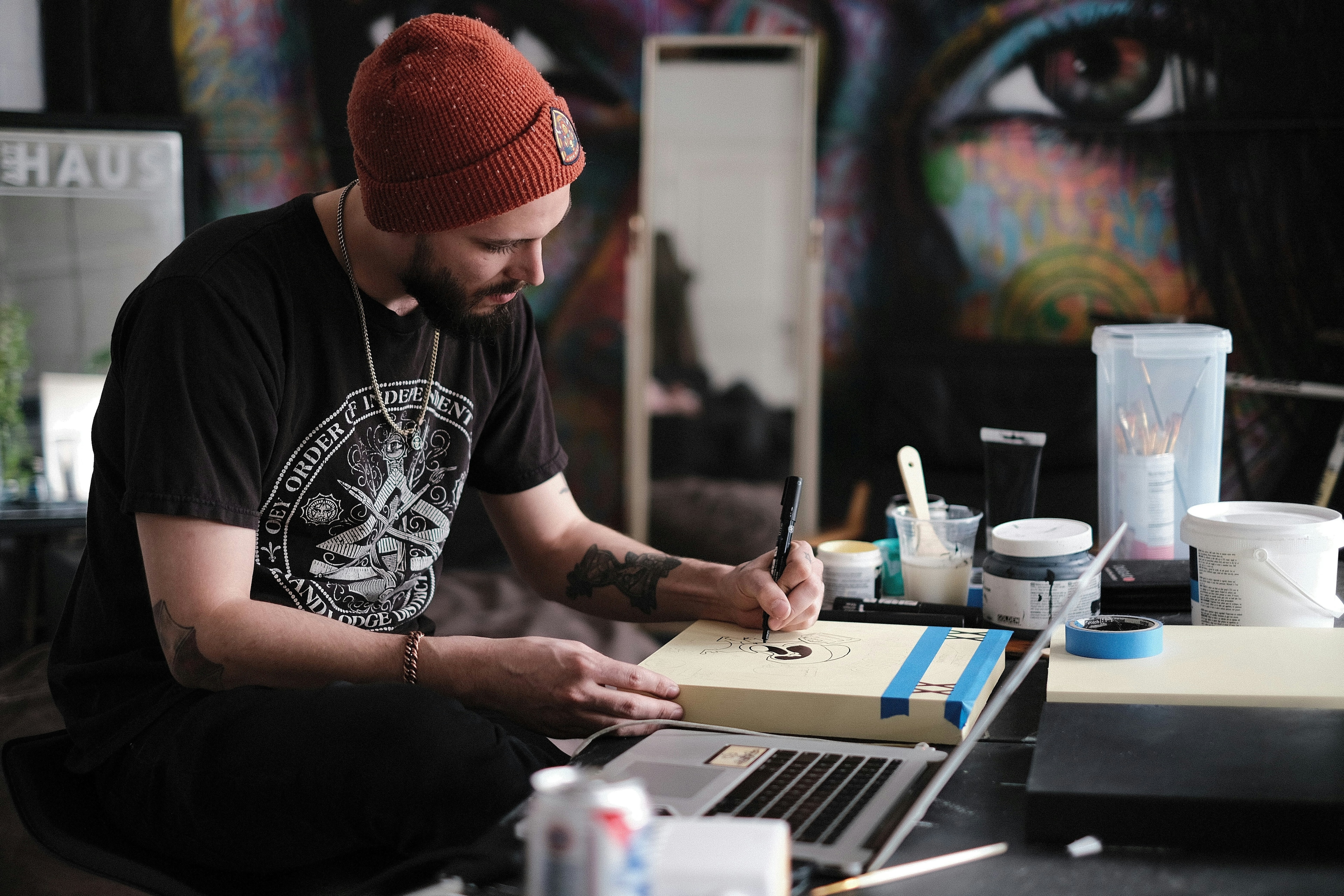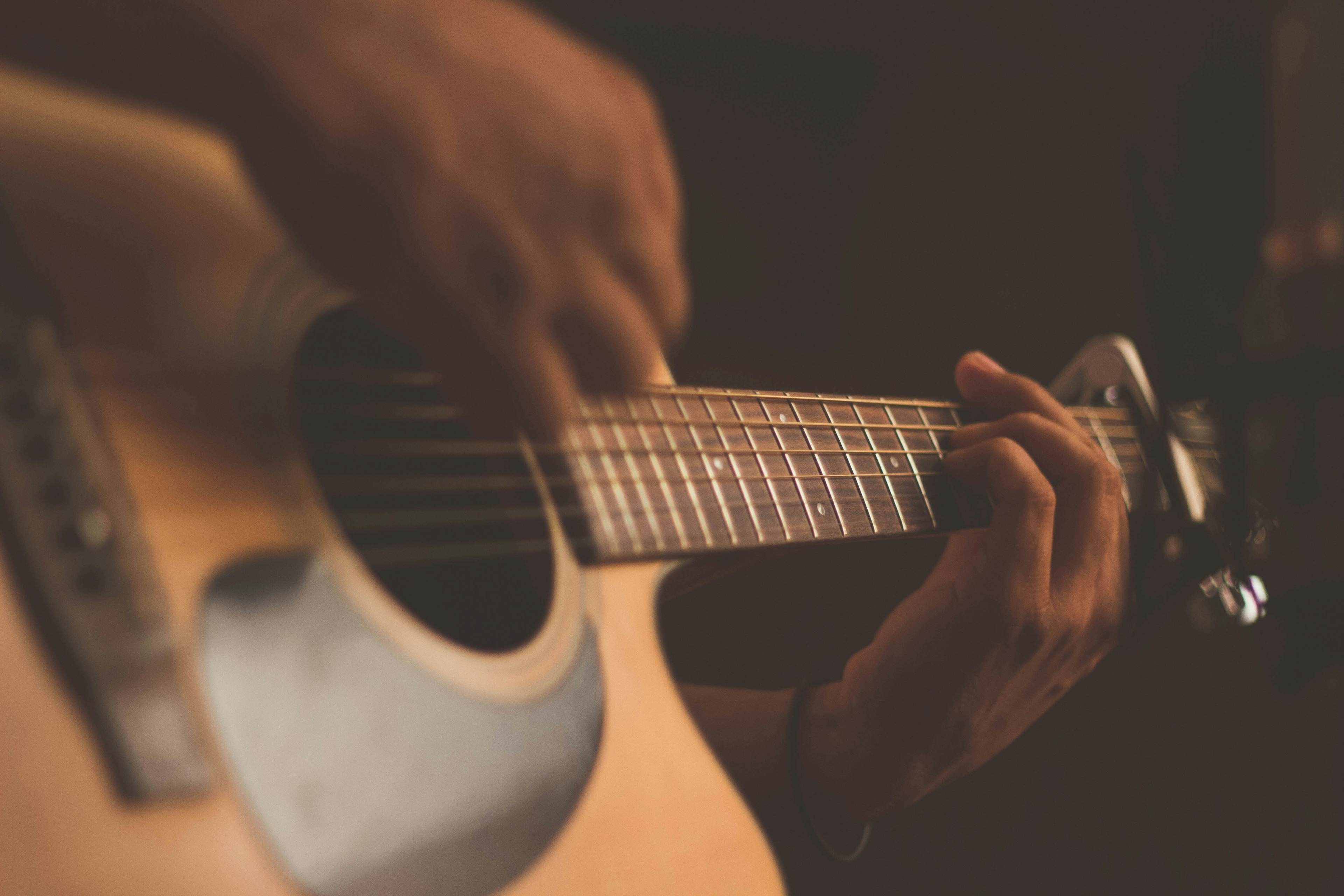Have we finally reached a moment of promise and possibility on race?

"We must put our collective shoulders into holding the nation to its promise as a beacon of liberty," - Lonnie Bunch Image: Nathan Dumlao

Get involved with our crowdsourced digital platform to deliver impact at scale
Stay up to date:
Arts and Culture
“While Black”: shorthand for racial profiling so prevalent in the United States that African Americans have almost universally experienced it. The verbs that accompany the phrase represent the most mundane activities of everyday life, but when added to, those two words denote racial profiling that leads to potentially deadly confrontations with police: “driving while Black,” “jogging while Black,” or even “barbecuing while Black.” Ubiquitous cell-phone use and social media have more widely exposed the phenomenon, but it is nothing new. Even to me.
During the summer of ’67, I was a 14-year-old in my hometown of Belleville, New Jersey, looking forward to playing football my freshman year of high school and doing the normal things kids do in that awkward transition from adolescence to adulthood. Much of my education outside of school came from time spent in Newark, where I explored Black life in a way that was not possible in the predominantly white suburb of Belleville. Whether going with my family to the Clinton Memorial Church or to relatives’ backyard cook-outs, or hanging out at Coleman’s Barbershop to hear the patrons’ colourful stories, Newark seemed like a place of possibility and promise. I would shortly realise how rosy that perception was.
Civil unrest had broken out in Newark in response to police arresting and beating a Black taxi driver for a minor traffic violation. It was what Martin Luther King Jr. had recognized when he called riots the “language of the unheard”, a result of the city’s unresolved racial tension and oppression, emblematic of the conditions that spurred more than 150 such uprisings across the country during that “Long, Hot Summer”.
As I was walking through Belleville the following evening, a police car pulled in front of me, blocking my path as I crossed a neighbourhood street. The officer ordered me to stop, and when I did, he pushed me face down onto the hood of his car, holding me there and demanding that I turn over my matches. Confused, I explained that I did not smoke since I played football. He increased the pressure on my arms and accused me of coming over to Belleville from Newark to set fires.
His assumption was that I was a rioter. A criminal. An arsonist. It was only when he heard my last name, one that he recognized, that he let me go, no apology or explanation. At that moment, I realized that race would define me to others, irrespective of where I lived, what I did, or what kind of grades I got. I also came to understand the disturbing truth that I could have been another statistic. What if he had not recognized my name? What if he did not care whether or not I was from Belleville?
These are the kinds of thoughts that begin to enter the front of your mind once you become a parent and you realize you’ll have to have “the talk” your parents gave you. The talk that all African American parents give their kids. The talk to desperately try and prevent your own child from becoming another name on a protester’s sign.
Watching George Floyd’s life ebbing away for those unbearable eight minutes and 46 seconds, seeing subsequent acts of police brutality unfold before our eyes, reading news accounts about other violence and intimidation against Black people in all walks of life – all are enough to make us question whether things have changed much in the past five decades.
Hope for lasting change
I find myself feeling a cautious optimism, though. This feels like something new, a snapshot in time that we will look back upon as the moment when people were fed up and society rose up to exclaim in a unified voice: “Enough.”
A couple of things give me hope for lasting change. The first is the diverse coalition of protesters. When you see huge crowds of mostly white faces in states like Utah and countries like Germany, it is not hard to see that this is something new. People of all ages, races, backgrounds and socio-economic statuses are participating.
The other positive development is the way polls have consistently shown dramatic shifts in public attitude. One survey showed the favourability of the Black Lives Matter movement sharply increasing in the US during the first couple of weeks of protest, with favourability nearly doubling. Another recent poll showed that 76% of Americans now see racism and discrimination as a “big problem”. That is 26 points higher than it was just five years ago.
For the moment to truly be transformative, this massive grassroots movement needs to morph into the kind of organization seen during the civil rights movement, when long-term goals and legislative strategies were paired with the fearless activism of the Freedom Riders. If this generation can put consistent pressure on the institutions necessary to reform wide swaths of society – the criminal justice system, housing, education and the economy – we could really see change that endures.
We are beginning to be reminded of the effectiveness of the civil rights marches of the 60s, with large, sustained demonstrations once again moving people to rethink their entrenched opinions and convincing lawmakers to enact policy that reflects popular will. In the past few weeks alone, the broad coalition of people standing up for equality and justice has brought about some dramatic results, some of which I never believed possible.
Eliminating the Aunt Jemima name and image, one of at least nine such recent corporate moves, may seem largely symbolic. But racist stereotypes are more than symbolic; in this case, they are hurtful relics of an age in which Black people were relegated to servitude.
And no more odious symbol persists than those that venerate the Confederacy. As of 2016, approximately 1,500 public celebrations of the Confederacy – monuments, public school names, state holidays, and others – were found in 31 states, which is shocking when you consider that there were only 11 Confederate states. These too are going away, with everything from statues to military base names being recognized as celebrations of white supremacy, not remembrances of heritage.
Now, whenever I drive through Alexandria, Virginia, I no longer will become angry and discouraged by the statue of a Confederate soldier prominent in the centre of town. It is now relegated to history, as it should have been long ago.

Other changes have begun to address systemic racism. Several companies have abandoned efforts to use and develop facial-recognition software, which has been shown to incorrectly identify African American, Native American and Asian faces at much greater rates than Caucasian faces. There has been a push to ban the use of dangerous chokeholds in police forces from Denver to Washington, DC. The Dallas Police Department has adopted a rule requiring officers to intervene if another officer uses excessive force. Professional athletes and coaches sent a letter to Congress asking to end legal protections for police officers who have violated people’s civil rights. Physicians’ groups have declared racism a public health crisis.
Despite these gains, it is instructive to remember that periods of racial progress, like Reconstruction or the post-civil rights movement era, have been met with violent backlash to preserve the status quo. To maintain the momentum, all who value a just society must apply pressure to the forces that would take us backwards and gloss over our tortured racial history. As individuals, as companies, as institutions and as a country, we must put our collective shoulders into holding the nation to its promise as a beacon of liberty and justice for all. As Frederick Douglass famously said, “If there is no struggle, there is no progress.”
Throughout my life, I have chosen history as my preferred weapon to fight for equality and social change. I have had the great privilege of doing so with the first national museum dedicated to telling the American story through an African American lens. And now I have the honour of leading the entire Smithsonian, a massive repository of research, scholarship, collections and intellectual capital. With those kinds of resources, we can create platforms like the “Talking About Race” portal that helps contextualize what this moment means, inspiring dialogue about race and its multifaceted impact on the American experience. It is critical if we are ever to get where we want to be as a society.
As someone who has experienced the indignities of racism in ways subtle and overt, I nevertheless see hopeful signs. Black people are being listened to like never before; our experiences no longer casually dismissed. Perhaps society has finally come around to what civil rights icon Ella Baker said nearly 50 years ago: “Until the death of a Black mother’s son is as important to this country as the death of a white mother’s son, we who believe in freedom cannot rest.”
I think that, perhaps for the first time in my life, the people unwilling to rest may outnumber those who would prefer to remain asleep.
Lonnie Bunch is Secretary of the Smithsonian Institution and a World Economic Forum Cultural Leader.
Don't miss any update on this topic
Create a free account and access your personalized content collection with our latest publications and analyses.
License and Republishing
World Economic Forum articles may be republished in accordance with the Creative Commons Attribution-NonCommercial-NoDerivatives 4.0 International Public License, and in accordance with our Terms of Use.
The views expressed in this article are those of the author alone and not the World Economic Forum.
The Agenda Weekly
A weekly update of the most important issues driving the global agenda
You can unsubscribe at any time using the link in our emails. For more details, review our privacy policy.
More on Arts and CultureSee all
Joseph Fowler and Amilcar Vargas
April 18, 2024
Robin Pomeroy and Sophia Akram
April 8, 2024
Faisal Kazim
April 3, 2024
Robin Pomeroy and Linda Lacina
March 28, 2024






